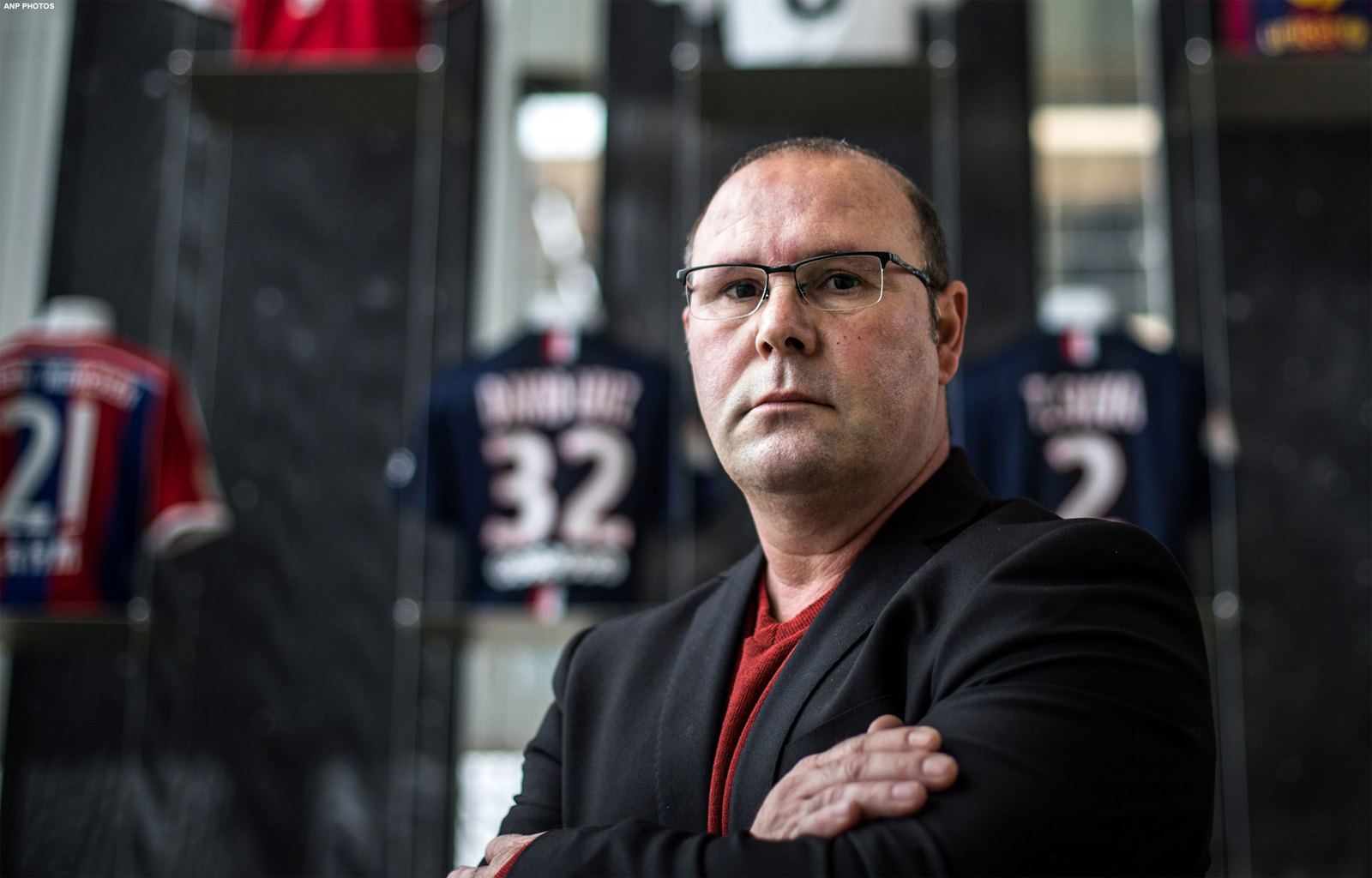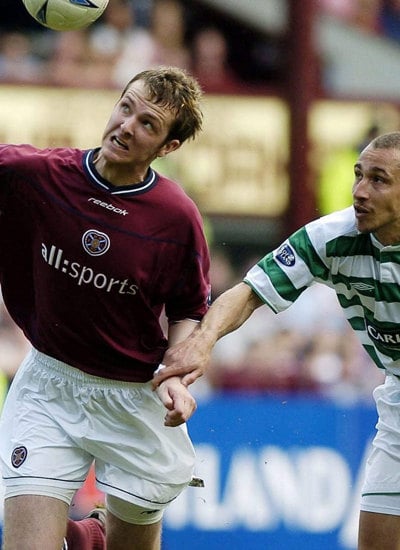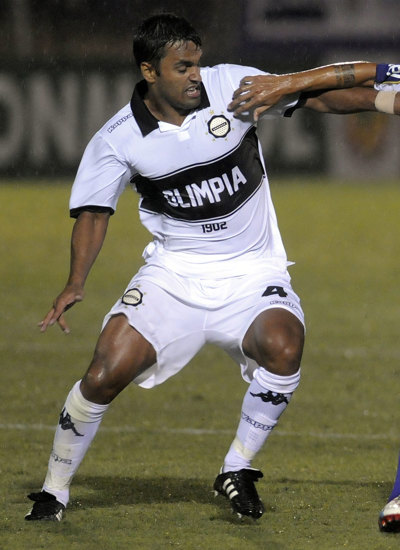
How it unfolded
Bosman had played for two years at RFC Liege when his contract was about to expire in the summer of 1990. The club sent the midfielder a new offer, which reduced his salary to 25 percent of his previous income. Bosman refused to sign a new contract and was put on the transfer list with a fee of approximately 500,000 euro.
No club showed interest until Bosman approached Dunkerque. The French club came to an agreement with Liege, however the Belgian club had doubts about Dunkerque’s solvency and withheld the necessary transfer certificate.
Liege suspended Bosman for the entire season. The Belgian transfer rules applicable at that time, allowed a club to suspend a player when both parties could not agree on a new contract.
Eight days later, Bosman started his legal case against Liege and the Belgian Football Association for preventing him from joining other clubs. One year later, he also added UEFA to the proceedings as the responsible party for drafting the transfer system rules. According to Bosman the transfer rules and nationality clauses should not be applicable to him, referring to European Labour Law.
In December 1991, the French and Dutch player unions (UNFP and VVCS respectively) voluntarily joined the proceedings.

Decision
It took five years, but on 15 December 1995, the European Court of Justice (the Court) ruled in Bosman’s favour. It precluded that a club had to pay a fee to the player’s former club after expiry of his contract.
The Court also decided to prohibit any limit on the number of EU citizens per club.
Why is this verdict so important?
The Bosman Case changed professional football. Out-of-contract players were free to sign with any club. Thousands of players have used this right since Bosman won his case in 1995.
Reaction
Bosman later told FIFPRO: “What it means is that players in the 21st Century have the right to circulate like other workers and are not treated like horses, chickens or cows.”
Bosman’s playing career was over the moment he started the case. “I was 26, which is at the prime of a footballer’s career. As I always say, I would have preferred it if another guy had done it in my place! It was a sacrifice I made.”
“It was difficult for one man to carry all of that on his shoulders even if did have support from FIFPRO. That’s a bit how it is in football. The players are scared of talking because they are worried about having problems with their clubs.”


